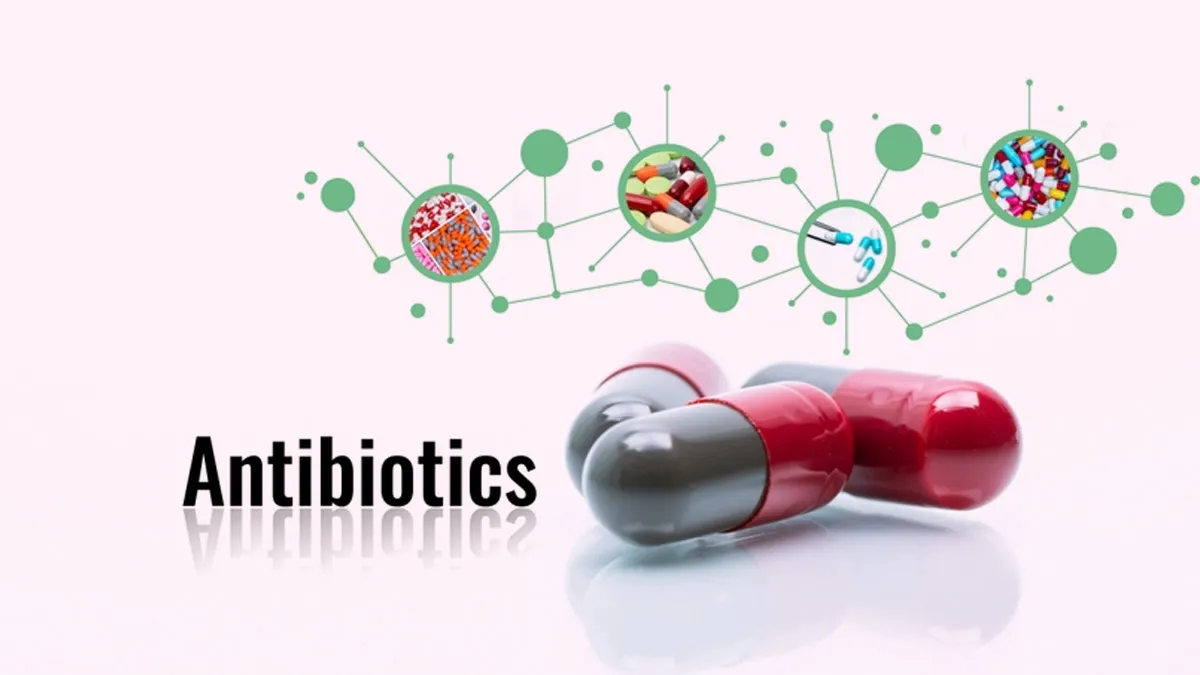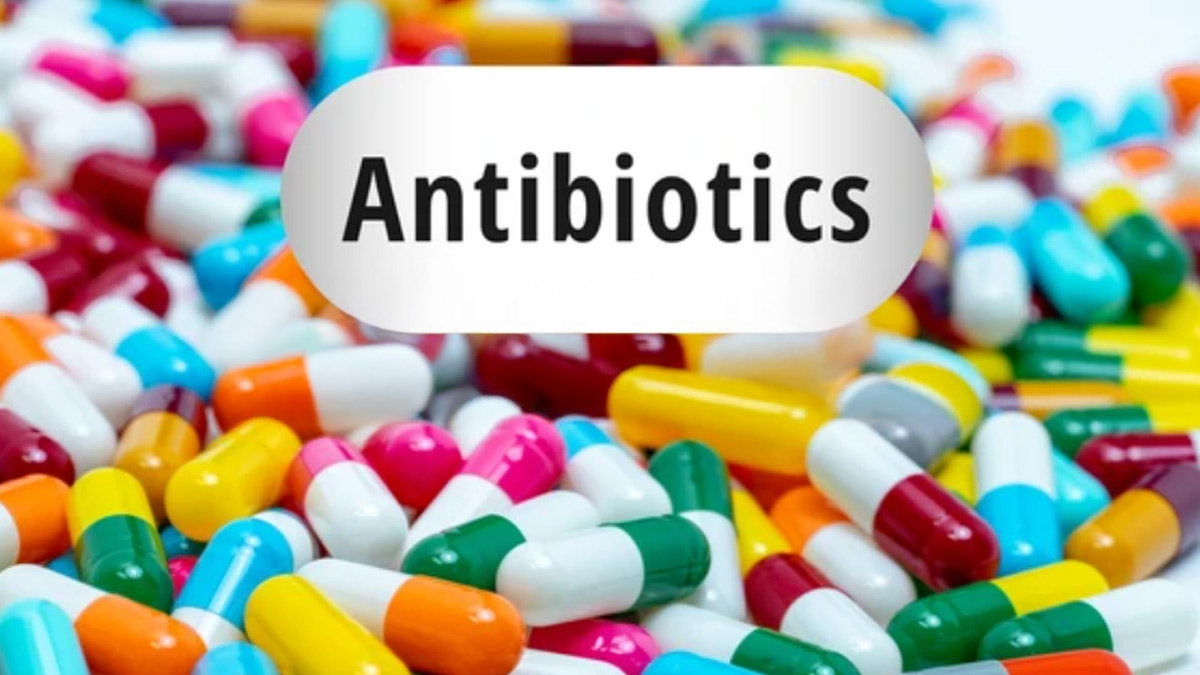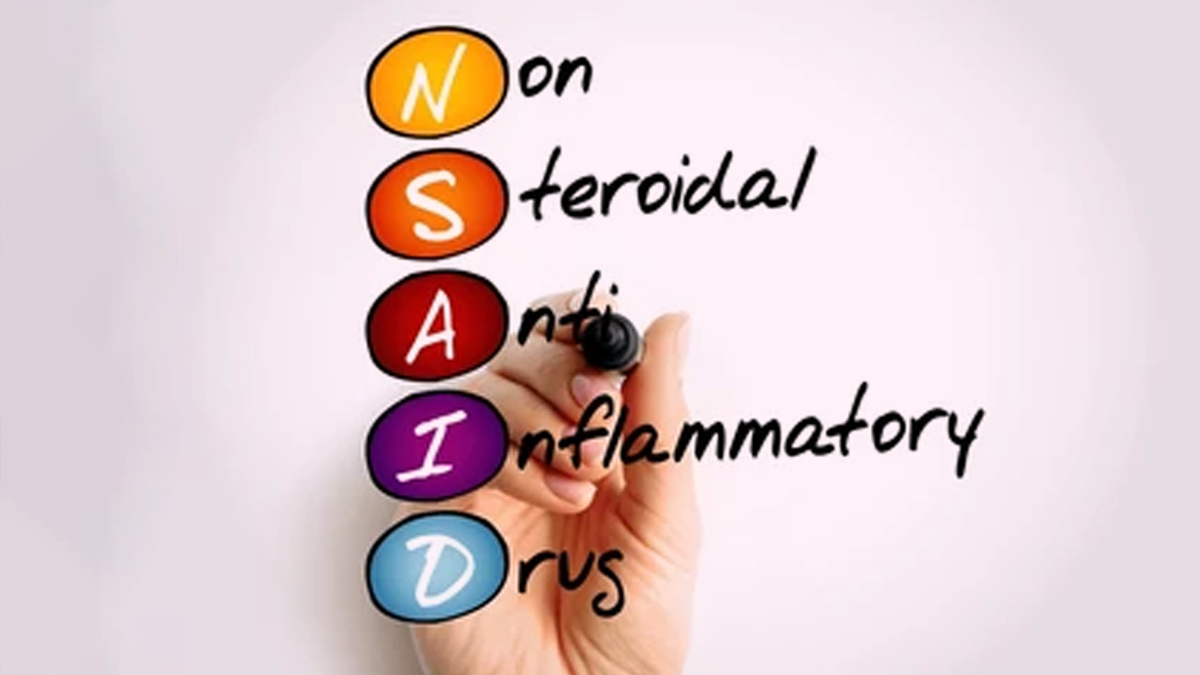
The idea of a 'gut health crisis' is becoming more popular as people learn about how the gut microbiome affects our overall health. An important aspect of this discussion is the effect of contemporary medicine, particularly antibiotics and other drugs, and whether they could be doing more harm than good to our gut health.
Table of Content:-
We spoke to Vidhi Chawla, Dietician, Founder, FISICO Diet and Aesthetic Clinic, Gurugram, who explained the impact of antibiotics and medicines on your gut health.
Antibiotics: The Double-Edged Sword

Antibiotics are undeniably life-saving drugs. They revolutionised medicine by effectively combating bacterial infections. "But their very mode of action, to destroy bacteria indiscriminately, makes them incapable of distinguishing between pathogens and the good bacteria that form our intestinal flora. A single course of antibiotics can drastically decrease the abundance and diversity of gut microbes and put them into a state known as dysbiosis," explained Chawla. The overuse and misuse of antibiotics are also major drivers of antibiotic resistance, a global health threat.
These disruptions negatively affect immunity, the ability to resist colonisation and metabolic balance. According to a 2023 study, antibiotic-induced microbial changes can last up to two years post-treatment. These alterations affect immune function, and metabolic parameters, and raise vulnerability to infections.
It can also increase the likelihood of various health issues, including diabetes, obesity, liver diseases, cardiovascular problems, and gastrointestinal conditions, such as inflammatory bowel diseases, as stated in the Medicine in Microecology.
Impact Of Other Medications
It's not just antibiotics. Commonly prescribed non-antibiotic medications can also significantly alter the gut microbiome.

- Proton Pump Inhibitors (PPIs): PPI used to treat acid reflux suppresses stomach acid, which can shift the gut pH, allowing some bacteria to thrive where they wouldn't otherwise and reducing overall diversity.
- Metformin: This common diabetes drug has been associated with changes in gut bacteria, some of which are beneficial, but also with potential side effects.
- NSAIDs (Nonsteroidal Anti-Inflammatory Drugs): Medications like ibuprofen can irritate the gut lining, potentially leading to increased permeability and affecting microbial balance.
- Antidepressants and Antipsychotics: These medications can also alter gut microbiota composition, further demonstrating the intricate gut-brain axis.
"The concern is that long-term use of such medicines can cause ongoing alterations in the microbiome, which may be a cause of numerous other health conditions besides their first-line side effects, such as disrupted nutrient uptake, enhanced inflammation, and even alterations in drug metabolism," said Chawla.
How To Manage Side Effects Of Antibiotics
Although modern drugs often cannot be avoided, the 'gut health crisis highlights that there should be an integrated response. This consists of:
- Judicious Use of Antibiotics: Use antibiotics only when required and complete the full course prescribed.
- Greater Awareness Of Medication Impact: People and health practitioners are becoming more conscious of the impact non-antibiotic drugs have on gut health.
- Gut-Supportive Strategies: Include prebiotic-rich foods (fruit, veg, wholegrain fibre) and, if indicated, probiotics to support restoring and sustaining gut diversity, particularly following the use of medication.
- Lifestyle Factors: Focus on diet, exercise, and stress, all of which have a significant impact on gut health.
"It is not about demonising modern medicine but rather about gaining a better understanding of its complex interplay with our internal microbial world so that we use its advantages while avoiding long-term damage to our gut health," concluded Chawla.
[Disclaimer: This article contains information provided by an expert and is for informational purposes only. Hence, we advise you to consult your professional if you are dealing with any health issue to avoid complications.]
Also watch this video
Read Next
Do's And Don'ts To Reduce Hip Pain
How we keep this article up to date:
We work with experts and keep a close eye on the latest in health and wellness. Whenever there is a new research or helpful information, we update our articles with accurate and useful advice.
Current Version
Jun 13, 2025 14:48 IST
Published By : Chanchal Sengar